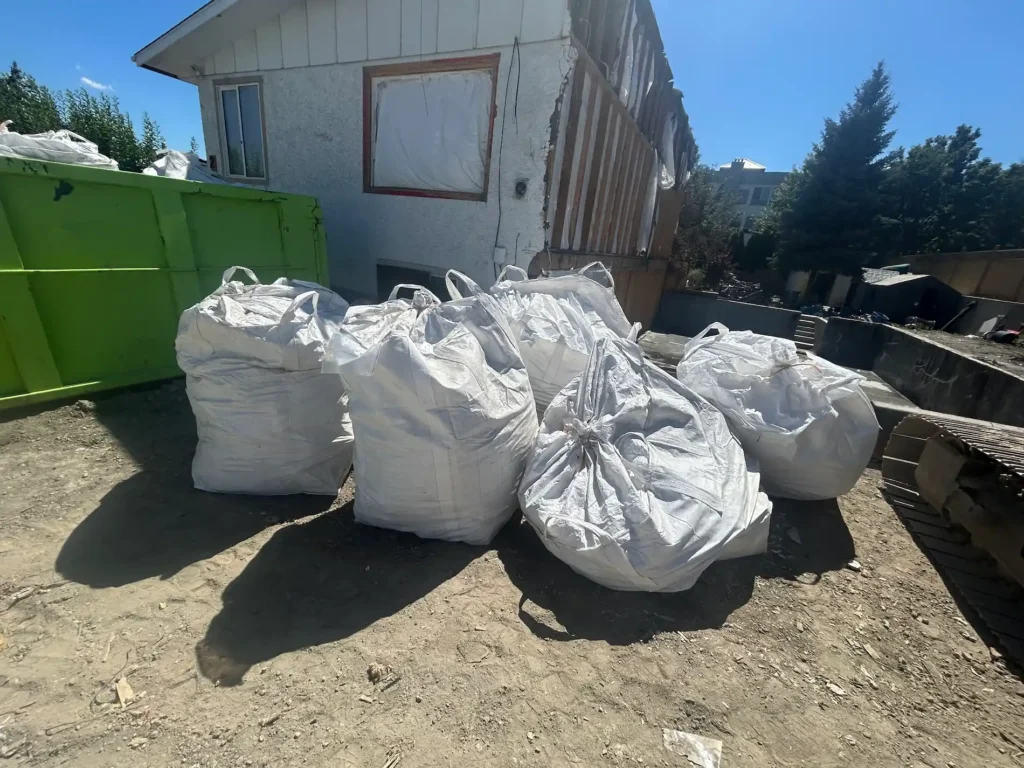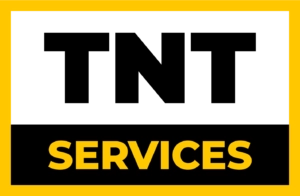
Smart Junk Removal in Kelowna: A Practical Guide to Decluttering, Diverting Waste, and Cutting Costs
A junk removal day goes fastest when you know exactly what’s leaving, where it’s going, and who’s doing the lifting. Whether you’re refreshing a rental between tenants, handling an estate, or clearing renovation debris, a short plan saves time and money—and keeps reusable materials out of the landfill. In Kelowna and surrounding Okanagan communities, facility hours, material bans, and access rules can affect how you stage items, so a little prep work pays off.
Pickup, Bin, or “Bag”—Which Option Fits Your Project?
- Full-service pickup (labour included): Best when you need a crew to remove items from inside the home—basements, attics, tight stairwells, or strata buildings with elevators. Ideal for estate cleanouts, senior moves, or when you can’t spare the labour.
- Temporary bin / dumpster rental: Great for multi-day projects like renovations when waste is generated over time. Park the bin on the driveway and load at your pace. Watch weight limits and restricted materials.
- Jobsite “bags”/super sacks: Handy for small remodels (tile, drywall offcuts) where space is tight. Confirm weight caps and what counts as construction debris.
Many homeowners use a hybrid approach: a bin for demo debris plus a one-time pickup for furniture, mattresses, and appliances.
Stage a Faster, Cheaper Pickup
- Sort by stream: Reusables/donations, mixed household junk, metals/appliances, e-waste, and construction debris.
- Flatten & nest: Break down boxes, stack plastics, and disassemble bed frames or modular furniture.
- Create a clear path: Reserve parking, measure doorways, and book elevator time for strata buildings.
- Flag hazards: Old paint, fuels, solvents, sharps, or asbestos require special handling—separate and label.
Donation & Reuse First
The most sustainable junk removal keeps items in circulation. Clean, odour-free, and safe goods have the best chance of being accepted:
- Furniture: Wipe down, tape hardware to pieces, and note if it separates for transport.
- Housewares & linens: Box by category and label sizes.
- Building materials: Intact doors, cabinets, sinks, and lighting are popular with DIY buyers.
- Sports gear & tools: Bundle and size clearly for quick reuse.
When donation isn’t possible, consider creative reuse—garden fill from broken concrete (where permitted), shop rags from worn linens, or parts harvesting before final disposal.
Recycling Pathways That Make a Difference
- Metal & appliances: Fridges, stoves, and BBQs are heavy (great for metal value); some require de-gassing—note model and condition for the hauler.
- Electronics: Laptops, printers, TVs, cables, and batteries go through e-waste programs—keep them separate.
- Mattresses: Many facilities accept them for fibre recovery—keep dry to avoid rejection.
- Renovation debris: Clean loads of concrete and asphalt can be recycled into aggregate; ask about local crushing & screening options to close the loop.
Hidden Costs to Avoid
- Mixed loads: Tossing dirt, drywall, and household trash together can trigger contamination fees. Keep streams separate.
- Weight overages: Concrete, tile, and wet materials get heavy fast. Use smaller containers or multiple sacks to stay under limits.
- Blocked access: Tight driveways, snow piles, or low limbs delay crews or require a smaller truck. Confirm clearances in advance.
- Prohibited items: Hazardous waste (chemicals, fuels, solvents, asbestos, sharps, medical waste) must go to specialized facilities—ask for guidance before pickup day.
Estate & Senior Moves: Gentle, Not Just Fast
Estate cleanouts often involve sensitive items, documents, and heirlooms. Build in time for sorting and use a simple colour system—keep, donate, dispose—so family members can decide without re-handling boxes. Scan or photograph paperwork you’re unsure about, and return medications through pharmacy programs. A compassionate crew will work on your timeline and maintain a clear chain of custody for documents and keys.
Strata, Commercial, and Jobsite Considerations
Kelowna stratas, offices, and retail spaces may have rules on noise windows, elevator bookings, loading bay times, or waste room limits. For construction sites, safety orientation and PPE may be required. Share these details when booking so crews arrive equipped and the schedule fits building access rules.
Seasonal Cleanouts in the Okanagan
- Spring: Yard waste, patio furniture upgrades, and pre-move decluttering. Book early around long weekends.
- Summer: Renovation debris and garage reorganizations—plan around heat and hydration.
- Fall: Rental turnovers and storm prep; keep leaves and branches separate from general waste.
- Winter: Basement and storage unit cleanouts—snow clearance and parking access matter more than ever.
Quick Checklist Before You Book
- Photos or a short video of what’s going
- Address, access notes, and preferred dates
- Any heavy items (pianos, safes, gym gear)
- Materials needing special handling (paint, fuels, refrigerants)
- Your preference: full-service pickup, bin rental, or both
Ready for a Clutter-Free Space?
A well-planned junk removal protects your budget, schedule, and the Okanagan environment. If you’re in Kelowna, West Kelowna, Lake Country, Peachland, and nearby communities, get a quick estimate by sharing photos and a few access notes. For renovation projects, ask about pairing debris removal with recycled-aggregate options through our Concrete Crushing & Disposal program to keep materials in the local cycle.
Call (250) 826-5774 or request a quote to schedule a convenient, responsible cleanout—done right the first time.
